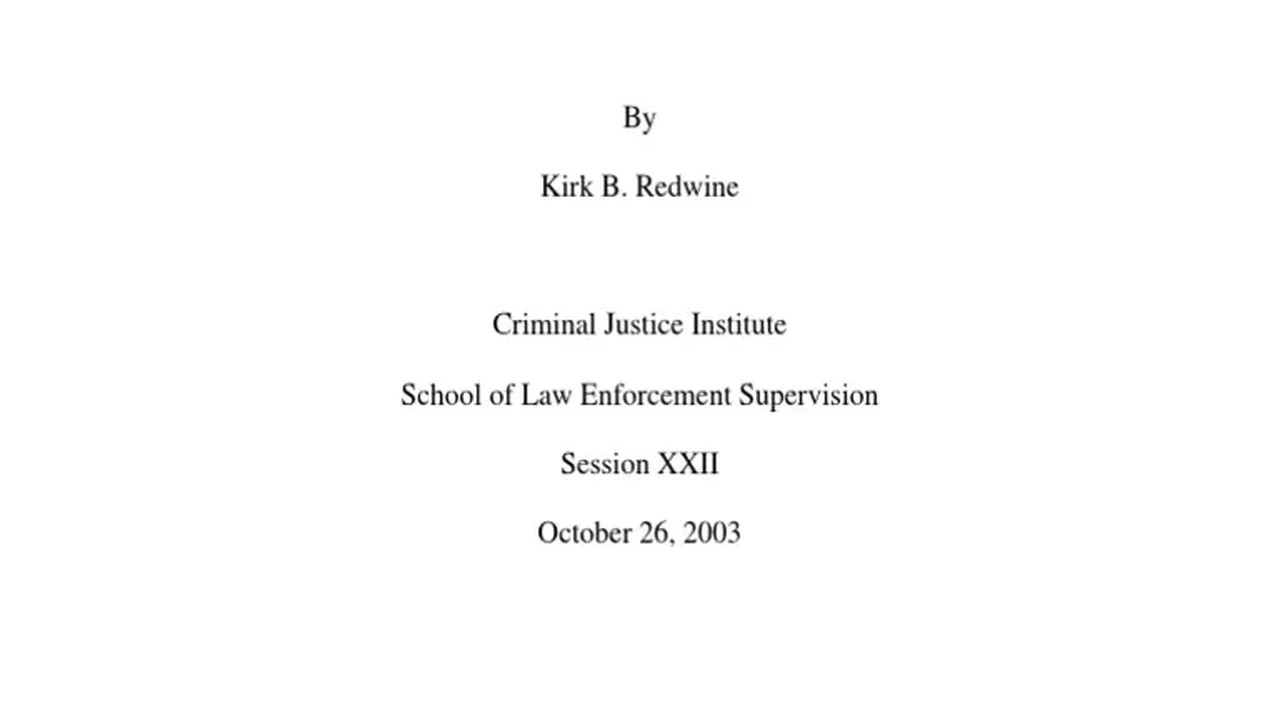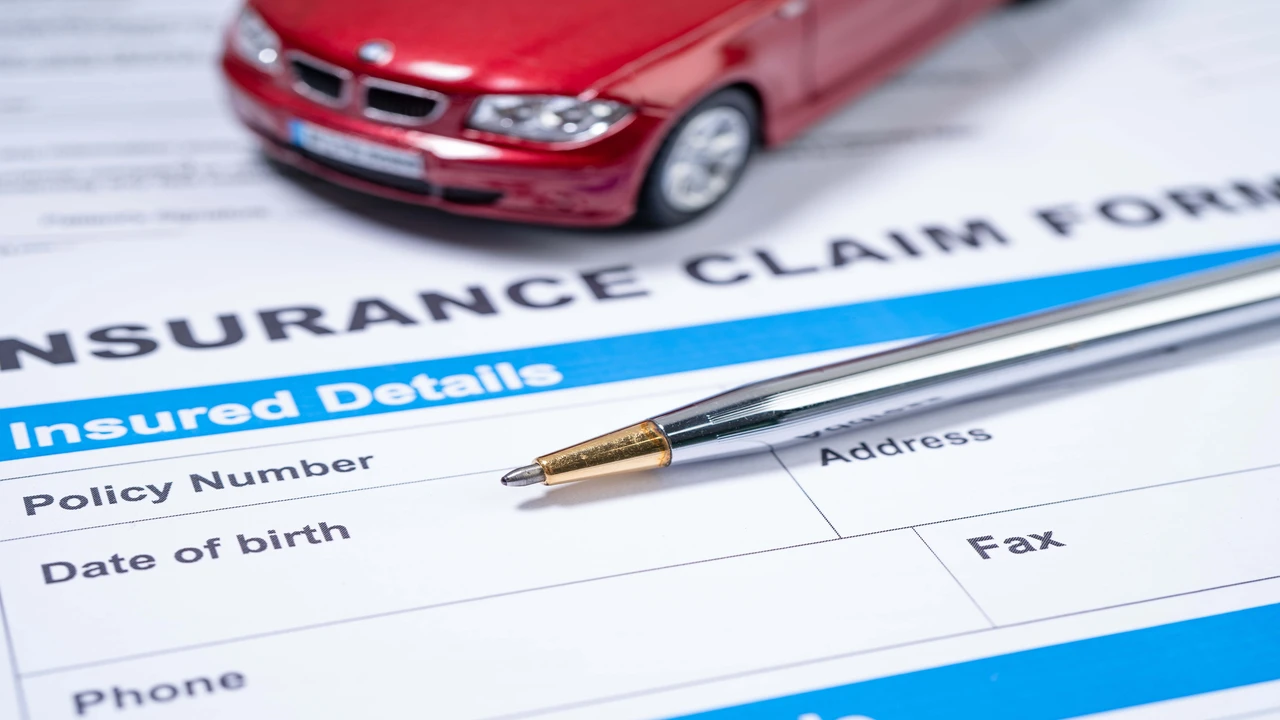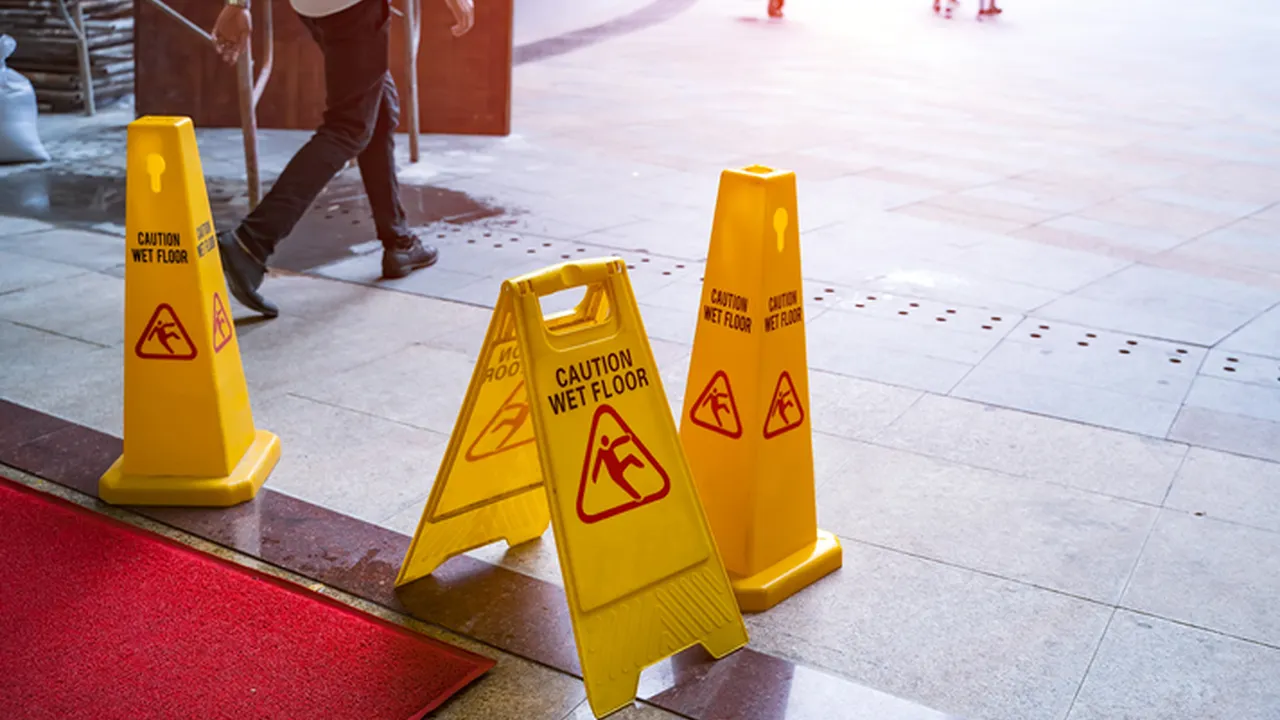The Importance of a Police Report After a Car Accident

Why a Police Report is Your Best Friend After a Car Accident Insurance Claim
So, you've been in a car accident. It's a stressful situation, and your head is probably spinning. Between checking on yourself and your passengers, exchanging information, and dealing with the immediate aftermath, the last thing you might be thinking about is a police report. But trust me, getting one is crucial, especially when it comes to your car insurance claim. Think of it as your official, unbiased witness to what happened.
The Police Report as Unbiased Documentation for Your Insurance Claim
Insurance companies are, unfortunately, often looking out for their bottom line. They might try to minimize payouts or even deny your claim altogether. A police report provides an objective, third-party account of the accident. It documents the date, time, location, involved parties, and most importantly, the officer's assessment of what happened. This assessment can include who was at fault, contributing factors (like speeding or distracted driving), and any violations of traffic laws.
What Information is Included in a Police Report After a Car Accident?
A typical police report will include a wealth of information, such as:
- Date, Time, and Location of the Accident: This establishes the context of the incident.
- Names and Contact Information of Drivers and Passengers: Crucial for identifying everyone involved.
- Insurance Information for All Involved Vehicles: Makes the claims process much smoother.
- Vehicle Information (Make, Model, Year, License Plate): Essential for identifying the vehicles involved and verifying ownership.
- Witness Statements: Provides corroborating evidence from independent observers.
- Officer's Opinion on Who Was at Fault: While not legally binding, this carries significant weight with insurance companies.
- Diagram of the Accident Scene: Helps visualize the sequence of events.
- Road and Weather Conditions: Factors that may have contributed to the accident.
- Any Traffic Violations Issued: Indicates if any laws were broken, further solidifying fault.
How the Police Report Helps Determine Fault and Liability for Car Insurance
Determining fault is the cornerstone of any car insurance claim. The police report provides a clear and concise account that insurance companies use to assess who was responsible for the accident. If the police report clearly states that the other driver ran a red light, for example, it's much harder for their insurance company to deny your claim. It helps establish liability and ensures you receive fair compensation for your damages.
Dealing with Discrepancies Between Your Account and the Police Report in an Insurance Claim
Sometimes, your recollection of the accident might differ from what's recorded in the police report. This could be due to shock, stress, or simply a difference in perception. If you find errors or omissions, it's important to address them. You can contact the police department and request an amendment to the report. Provide any supporting evidence you have, such as photos, videos, or witness statements. It's also a good idea to consult with a lawyer to discuss your options.
When a Police Report Might Not Be Necessary for a Car Insurance Claim
In some very minor accidents, a police report might not be strictly necessary. For example, if there's minimal damage to the vehicles, no injuries, and both parties agree on who was at fault, you might be able to settle the matter privately. However, even in these situations, it's generally advisable to get a police report, just to protect yourself. It's better to have it and not need it than to need it and not have it.
How to Obtain a Copy of the Police Report After a Car Accident and File a Claim
Getting a copy of the police report is usually a straightforward process. You can typically request it from the police department that responded to the accident. They may have an online portal, or you may need to visit the station in person. There's usually a small fee associated with obtaining a copy. Once you have the report, you can submit it to your insurance company along with your claim. Make sure to keep a copy for your own records.
The Role of Dash Cams and Other Evidence in Supporting Your Car Insurance Claim
While a police report is invaluable, it's not the only piece of evidence you can use to support your claim. Dash cams are becoming increasingly popular, and for good reason. They provide a continuous video recording of everything that happens in front of your vehicle, offering irrefutable evidence in case of an accident. Photos and videos taken at the scene can also be helpful, as can witness statements. Gather as much evidence as possible to strengthen your case.
Understanding "No-Fault" States and How They Affect Insurance Claims After an Accident
Some states have "no-fault" insurance laws. In these states, your own insurance company typically covers your medical expenses and lost wages, regardless of who was at fault for the accident. However, there are often limitations on the types of damages you can recover, and you may still need to file a claim with the other driver's insurance company for property damage. The rules can be complex, so it's important to understand the specific laws in your state.
Navigating the Car Insurance Claim Process with the Police Report
The insurance claim process can be daunting, but having a police report can make it much smoother. When you file your claim, provide the insurance company with a copy of the report and any other supporting evidence you have. Be prepared to answer questions about the accident and provide any additional information they request. Keep detailed records of all communication with the insurance company, including dates, times, and the names of the people you spoke with. If you're feeling overwhelmed, consider consulting with a lawyer or public adjuster.
The Importance of Legal Counsel After a Car Accident: Do You Need a Lawyer?
In some cases, it's wise to seek legal counsel after a car accident. If you've suffered serious injuries, the accident involved complex legal issues, or the insurance company is denying your claim, a lawyer can help you navigate the legal system and protect your rights. They can investigate the accident, gather evidence, negotiate with the insurance company, and, if necessary, file a lawsuit on your behalf.
Products to Consider After a Car Accident for Safety and Documentation
Beyond the immediate aftermath, there are several products that can help you both with safety and documentation following an accident, and even prevent them in the future. Let's look at a few examples:
Dash Cams: Your Silent Witness
Product Example: Garmin Dash Cam 67W
Description: This dash cam offers wide-angle views, excellent video quality (1440p), and automatic incident detection. It also features voice control for hands-free operation.
Usage Scenario: Mount it on your windshield and let it record continuously while you drive. In the event of an accident, it will automatically save the footage.
Price: Approximately $250.
Alternative: Thinkware F200 Pro (more budget-friendly, but still reliable).
Emergency Roadside Kits: Be Prepared for Anything
Product Example: AAA 42-Piece Emergency Roadside Kit
Description: This kit includes jumper cables, a first aid kit, a flashlight, a reflective warning triangle, and other essential items.
Usage Scenario: Keep it in your trunk in case of a breakdown or accident. It can help you stay safe while waiting for assistance.
Price: Approximately $50.
Alternative: Lifeline AAA Premium Road Kit (more comprehensive, includes a shovel and other tools).
Mobile Phone Mounts: Stay Safe and Hands-Free
Product Example: iOttie Easy One Touch 5
Description: A reliable and adjustable phone mount that securely holds your phone while you drive, allowing for hands-free navigation and communication.
Usage Scenario: Use for GPS navigation, making calls (hands-free, of course!), or listening to music without taking your eyes off the road.
Price: Around $25.
Alternative: Scosche MagicMount Pro (magnetic mount, very easy to use).
The Long-Term Impact of a Car Accident on Your Insurance Rates
Even if you weren't at fault for the accident, it could still affect your insurance rates. Insurance companies often consider accidents, regardless of fault, when calculating your premiums. However, the impact will be less significant if you weren't at fault. It's important to shop around and compare rates from different insurance companies to ensure you're getting the best deal.
Preventative Measures to Reduce the Risk of Car Accidents and Insurance Claims
The best way to avoid dealing with the hassle of car accidents and insurance claims is to prevent accidents in the first place. Practice safe driving habits, such as avoiding distractions, obeying traffic laws, and maintaining your vehicle. Consider taking a defensive driving course to improve your skills and awareness. By being a responsible and attentive driver, you can significantly reduce your risk of being involved in an accident.
Understanding Diminished Value Claims After a Car Accident
Even if your car is fully repaired after an accident, it may still suffer from diminished value. This means that the car is worth less than it was before the accident, even after repairs. You may be able to file a diminished value claim with the at-fault driver's insurance company to recover this loss. However, these claims can be complex, and you may need to hire an appraiser to assess the diminished value of your vehicle.
:max_bytes(150000):strip_icc()/277019-baked-pork-chops-with-cream-of-mushroom-soup-DDMFS-beauty-4x3-BG-7505-5762b731cf30447d9cbbbbbf387beafa.jpg)






